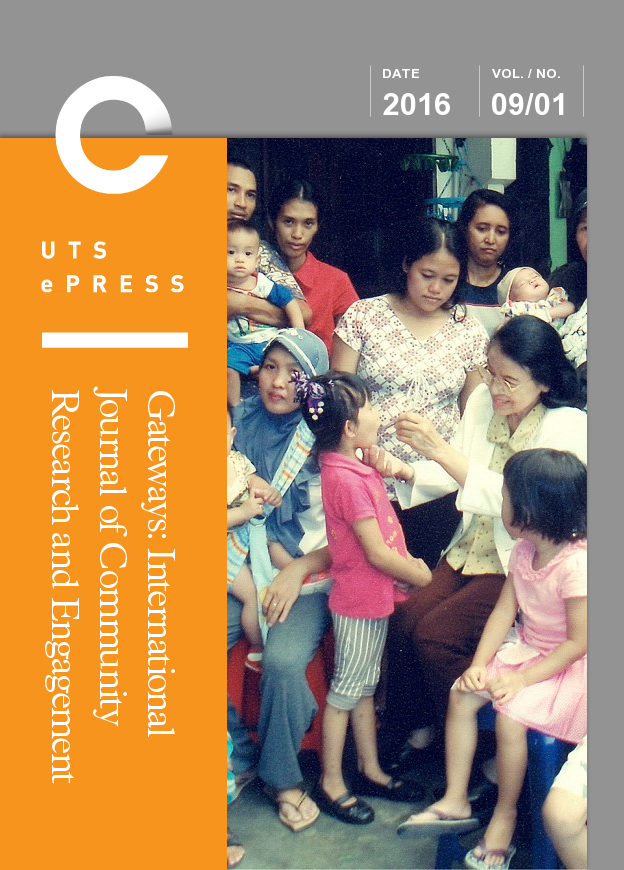Innovating for skills enhancement in agricultural sciences in Africa: The centrality of field attachment programs
Main Article Content
Abstract
Africa remains an intensely agrarian continent, with two-thirds of its people directly or indirectly deriving their livelihood from agriculture. Higher agricultural education has thus emphasised production of graduates with the requisite skills to drive agricultural development. Despite these efforts, too few graduates in sub-Saharan Africa (SSA) have the employable skills necessary to transition to the labour market. A similar situation is observable among agricultural science graduates, who are vital to serving rural smallholder farmers. Most Colleges of Agriculture in Africa offer field attachment internships in agriculture and related fields but they are largely designed to cater for undergraduate students and are not part of the training programs at graduate level. To ameliorate this gap, the Regional Universities Forum for Capacity Building in Agriculture (RUFORUM), a network of 55 member universities in SSA, designed and rolled out an innovative field attachment program award (FAPA), launched in 2010, to serve graduate students. The FAPA is competitively based and designed to encourage students to follow through with the dissemination of their research and to enable them to link more closely with the communities and agencies working in the geographical area where the research was undertaken.
During the period 2010–2015, five grant cycles were successfully implemented and 114 graduate students from 17 countries in SSA awarded. This article discusses the lessons learned during this period by examining two key areas: (1) the application process and implementation of the awards; and (2) the reported outcomes and challenges for grantees. Establishing the award has generated key technical and implementation lessons that the network and individual universities have been able to use to improve and institutionalise processes. Grantees have reported gaining a range of cross-cutting skills in personal mastery, initiative leadership and innovativeness, proactivity, flexibility, communication, analytical capacity, teamwork, networking and advocacy, and technical capacity, particularly in engaging with smallholder farmers. They have also noted significant challenges, in particular around establishing productive and sustainable engagement with smallholder farmers. These outcomes have influenced curricular reviews by member universities, with particular emphasis on these skills sets.
Keywords: graduate employability, internships, sub-Saharan Africa, university
Article Details
Issue
Section
Authors who submit articles to this journal from 31st March 2014 for publication, agree to the following terms:
a) Authors retain copyright and grant the journal right of first publication with the work simultaneously licensed under a Creative Commons Attribution License that allows others to share and adapt the work with an acknowledgement of the work's authorship and initial publication in this journal.
b) Authors are able to enter into separate, additional contractual arrangements for the non-exclusive distribution of the journal's published version of the work (e.g., post it to an institutional repository or publish it in a book), with an acknowledgement of its initial publication in this journal.
c) Authors are permitted and encouraged to post their work online (e.g., in institutional repositories or on their website) prior to and during the submission process, as it can lead to productive exchanges, as well as earlier and greater citation of published work (See The Open Access Citation Advantage Service). Where authors include such a work in an institutional repository or on their website (ie. a copy of a work which has been published in a UTS ePRESS journal, or a pre-print or post-print version of that work), we request that they include a statement that acknowledges the UTS ePRESS publication including the name of the journal, the volume number and a web-link to the journal item.
d) Authors should be aware that the Creative Commons Attribution (CC-BY) License permits readers to share (copy and redistribute the work in any medium or format) and adapt (remix, transform, and build upon the work) for any purpose, even commercially, provided they also give appropriate credit to the work, provide a link to the license, and indicate if changes were made. They may do these things in any reasonable manner, but not in any way that suggests you or your publisher endorses their use.
For Volume 6 (2013) and before, the following copyright applied:
Articles published by UTSePress are protected by copyright which is retained by the authors who assert their moral rights. Authors control translation and reproduction rights to their works published by UTSePress. UTSePress publications are copyright and all rights are reserved worldwide. Downloads of specific portions of them are permitted for personal use only, not for commercial use or resale. Permissions to reprint or use any materials should be directed to UTSePress.
